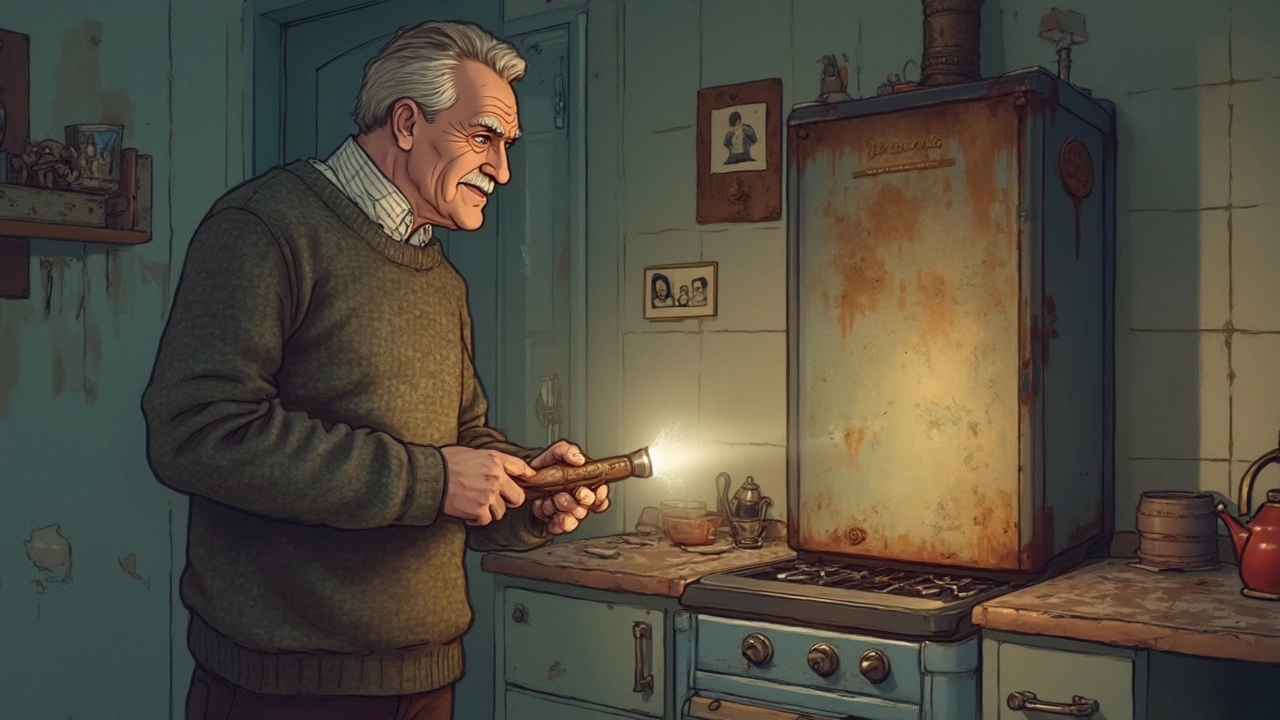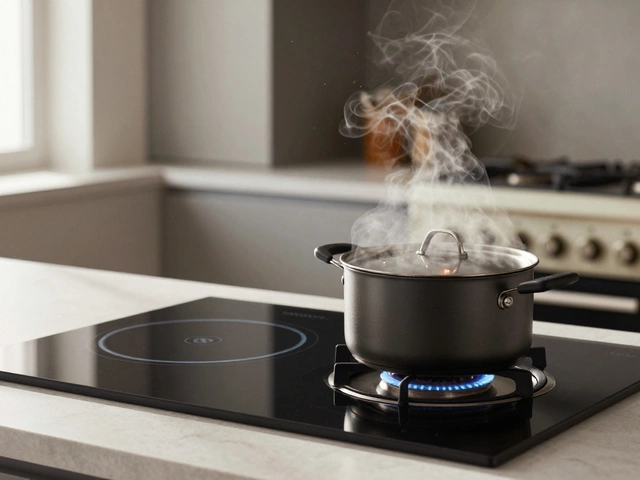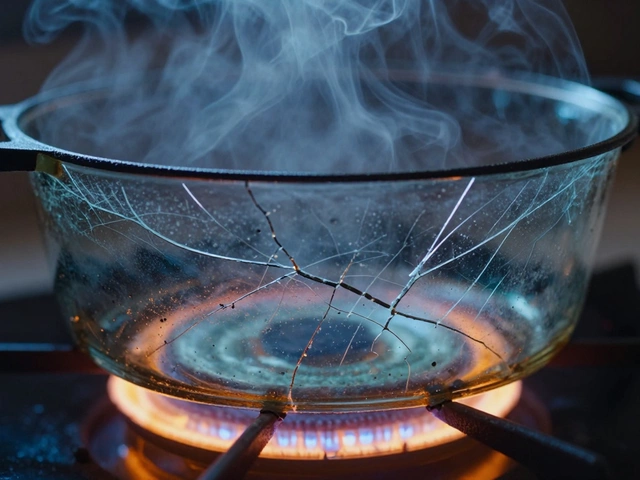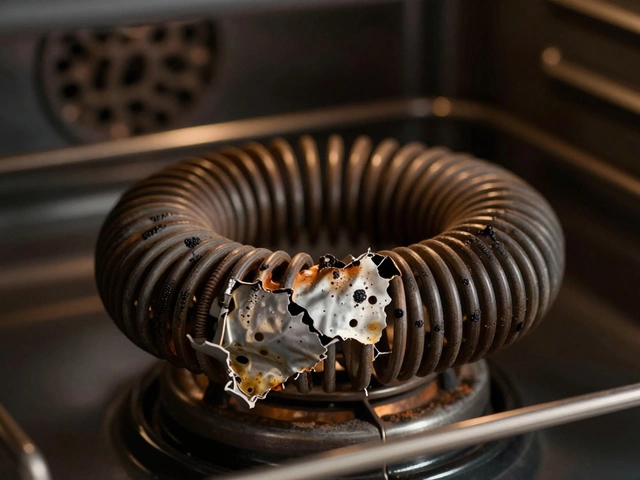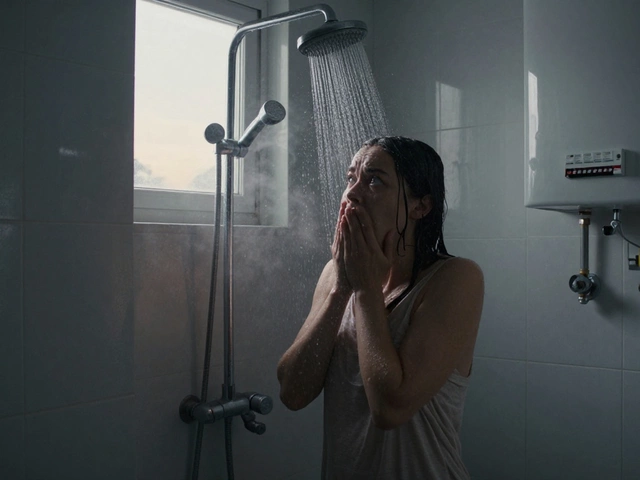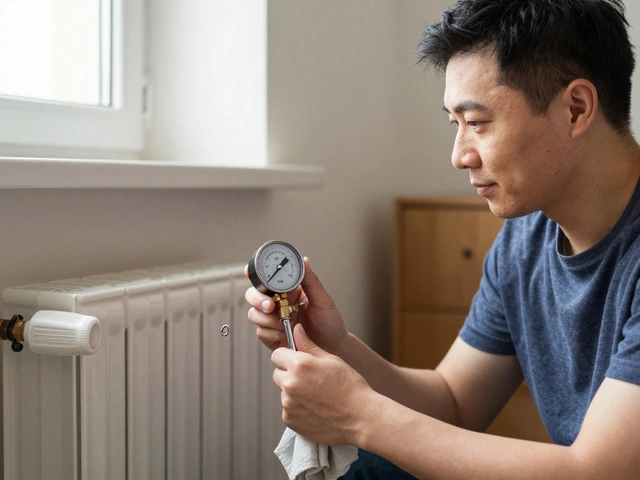Boiler Safety: Simple Steps to Keep Your Home Warm and Secure
When your boiler goes down, the whole house feels the chill. But beyond comfort, a faulty boiler can be a real safety hazard. From carbon monoxide leaks to pressure bursts, knowing the basics can save you money and keep your family safe.
Why Boiler Safety Matters
Boilers work under high pressure and heat, so even a small fault can turn dangerous fast. A leak of carbon monoxide – an invisible, odorless gas – can cause headaches, nausea, or worse. High pressure can force pipes to burst, leading to water damage and costly repairs. That’s why a regular safety check is not a luxury; it’s a must.
Quick DIY Checks Before You Call a Pro
Before you pick up the phone, run through these quick checks:
- Listen for odd noises. Rattling, whistling, or a constant clunk can mean loose parts or a failing pump.
- Watch the pressure gauge. It should stay between 1 and 1.5 bar when the system is off and 2‑2.5 bar when running. Anything outside that range needs attention.
- Check for leaks. Look around the boiler, pipes, and radiators for water spots or rust.
- Test the thermostat. If rooms stay cold while the boiler fires, the thermostat may be misreading.
- Smell for gas. A faint rotten‑egg odor means a gas leak – shut the main valve and call a professional immediately.
If any of these signs show up, don’t try to fix them yourself. Boilers involve gas and electricity; a certified technician is required.
For Hinckley residents, our team at Hinckley Home Appliance Repair Services offers a thorough boiler safety inspection. We check the heat exchanger for cracks, test the safety valve, and verify the carbon monoxide detector works. A full check takes about an hour and can catch problems before they become emergencies.
Regular maintenance also boosts efficiency. A clean burner and a well‑tuned pump use less fuel, which means lower bills. Plus, a serviced boiler lasts longer, delaying the need for a costly replacement.
So, how often should you schedule a safety check? The safest bet is once a year, ideally before winter kicks in. If your boiler is older than 10 years, consider a check every six months.
Remember these three golden rules for boiler safety:
- Don’t ignore warning signs. Strange noises, leaks, or odd smells deserve immediate attention.
- Keep a carbon monoxide detector. Test it monthly; replace the battery yearly.
- Use qualified professionals. In Hinckley, we’re fully certified, insured, and familiar with local regulations.
Bottom line: a little preventive effort now keeps you warm, saves money, and avoids dangerous situations later. If you need a safety inspection or a quick repair, give us a call. We’ll make sure your boiler runs safely all season long.
22 May 2025
·
0 Comments
A forty-year-old boiler raises big questions about safety, efficiency, and repair costs. This article digs deep into the risks of keeping an old boiler running, signs that it may be unsafe, and why some folks push their luck with ancient heating systems. You'll get practical tips for spotting danger, caring for an old boiler, and figuring out when it's time to upgrade. Whether you're squeezing every penny or just worried about your family's safety, these insights make boiler decisions a lot easier.
Read more

